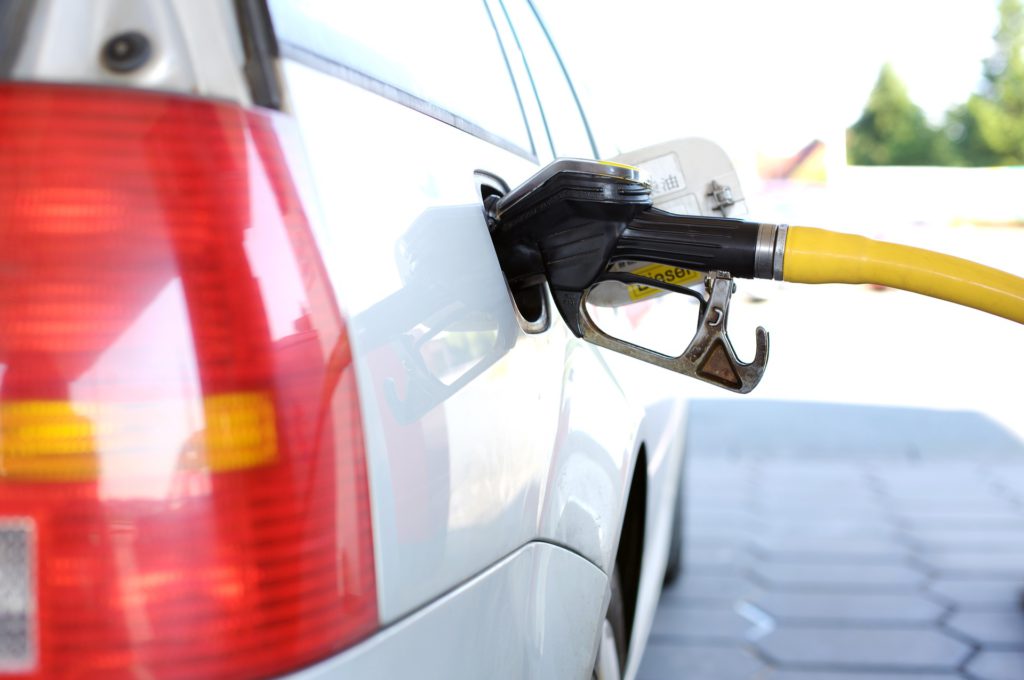Diesel market share could drop dramatically by 2025 according to report
09 January 2018

9 January 2018
During 2017, diesel sales in the UK fell by 17.1%. However a new report by the University of Aston predicts further decline as the market adapts to future mobility trends.
Professor David Bailey suggested that the market will fall to just a 15% market share by 2025, down from 50% in 2014 and 42% in 2017. The drop in sales accelerated during the year amidst uncertainty about government policy towards diesel, combined with increased vehicle excise duty (VED) rates introduced in April.
Aston University expects a further 10% drop in sales this year and says diesel will account for less than a third of the market by 2020.
Bailey said: ′Diesel cars face a raft of challenges, each one of which could damage sales, and which are combining to kill off the domestic diesel sector, which was so rattled by the ′Dieselgate’ scandal.
′They face a perfect storm of bad PR over pollution, coupled with concerns over increasingly strict regulations and sinking second-hand values.’
The forecast comes as the automotive industry voices its criticism of the current demonisation of diesel by government and media. In the yearly registration figure statement released by the Society of Motor Manufacturers and Traders (SMMT), the organisation highlighted the money-saving benefits of diesel cars, with drivers of diesel-powered D-Segment family vehicles, SUVs and executive cars saving an average of between £300 and £400 a year on their fuel bills. Across all body types, the average is £132 a year – equivalent to an average household’s quarterly electricity budget.
The Dieselgate scandal, where Volkswagen (VW) was caught cheating emission testing in the US, has led to many news stories and environmental groups to apply pressure to the industry. However, consumer awareness is also lacking, with manufacturers blaming government messages for muddying the situation further. While modern diesels emit less CO2 than petrol vehicles and are cleaner in their nitrogen oxide (NOx) emissions, in April, the UK will move vehicles powered by the fuel up one VED band for its first year of registration.
This then suggests that new diesels are as bad as old, whereas car makers believe drivers should be encouraged to give up older models for cleaner cars. The issue is likely to be compounded in 2018, with the first annual rise of 0.8% in CO2 emission levels during the last 12 months likely down to the shift in sales toward petrol. Therefore the government either needs to perform a U-turn on diesel policy or encourage drivers to electric vehicles, which are still in their infancy.
Bailey also called for a diesel scrappage scheme to be backed by the government which would encourage drivers out of heavily polluting older diesel cars and into new electric vehicles.
He added: ′Governments have missed several opportunities to encourage drivers to switch to electric vehicles, starting way back in 2001 when there was a misconceived drive to get people to opt for diesels.
′Now that it’s clear diesel is dying a slow death, the time is right for the government to take the initiative and offer up scrappage benefits to those who are prepared to ditch their diesels and switch to electric cars.’